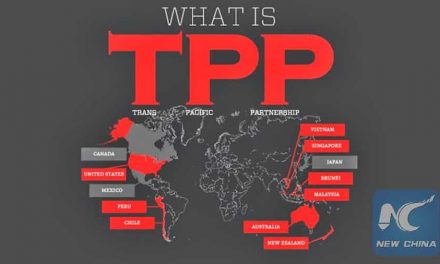Why Is CRA Reinterpreting Rules to Shut Down Charities It Doesn’t Agree With?
January 5, 2015
by Gareth Kirkby
From The Huffington Post
It’s what charities have feared. The results are trickling in from the Harper government’s program of stepped-up Canada Revenue Agency (CRA) audits of charities that tend to have different policy ideas than those of this government — and it ain’t pretty.
Sadly, the early results are in sync with the findings of my recent thesis, which triggered a national conversation about political interference by the Harper government in the workings of the taxman and causing an advocacy chill in charity communications. And that in turn impacts on Canada’s public discussions and thus on the vigour of democracy itself.
The first of the latest two charities to make the news include Alternatives, a small Montreal-based development and human rights organization, which has been around since 1994 doing work through partners in developing nations.
Toronto-based Environmental Defence a three decades-old and highly regarded Ontario environmental charity, is the other group to be given bad news, though it has received a reprieve from being closed down so that it can appeal a death sentence. While the main focus of media attention has been on whether charities will lose tax receipting privileges because of CRA’s changing interpretations of acceptable activities, the problems faced by these two organizations is of a different, though very disturbing, nature.
CRA is telling them that they will lose their charitable status because their very activities have been reclassified as “non-charitable,” that previous finding them in good stead were wrong, and that they should not have been given charitable status in the first place.
Alternatives is expecting to close shop, and it’s understandable. Executive Director Michel Lambert told CBC News reporter Dean Beebie, that he expects CRA to offer them a contract in order to continue their work but that he expects the terms will not be ethically acceptable. That’s because Alternatives has an approach to its work with Third World partners that respects the ability of the partner to run the programs funded by Alternatives.
Alternatives’ approach to partnerships may seem obvious to readers, who cannot imagine that Montreal staff of a Canadian charity would know the details of what is best for Third World partners and their clients. Are charities expected to duplicate former Colonialist power structures by micromanaging the work of Third World locals in order to satisfy the Canadian taxman?
Well, actually, yes. Media reported last summer on the experience of CoDev, a very small Vancouver development charity that works to empower Latin American communities. But CRA upbraided them for not having sufficient control over their partners. Shocking but true. But also, I suspect, also unworkable and so, ultimately, likely to lead to CoDev losing its charitable status in a future audit unless CRA comes to its senses.





